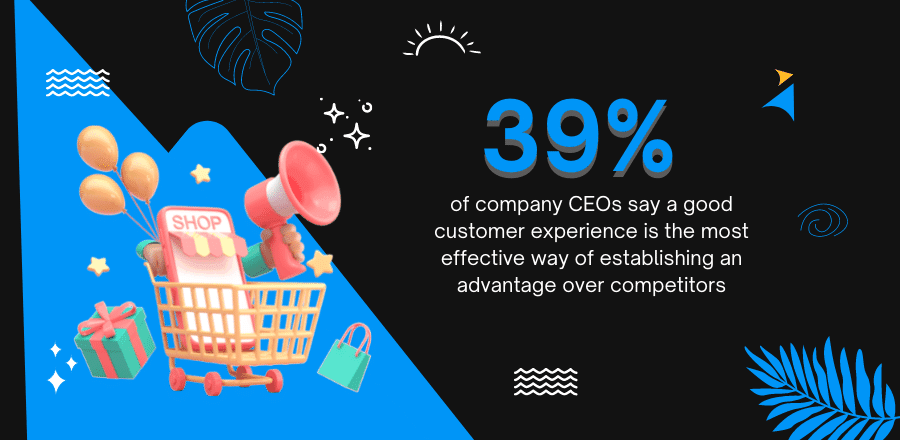The know-how of CRM Implementation in the retail sector

Moving forward as the industry revives from its slump, to accelerate the recovery process, new and emerging models need to be deliberate. The industry is still hampered by the loss in demand therefore proactive steps need to be taken by the government to revive consumer confidence as well.
The government has always been proactive for the retail sector and has taken several measures to help create a robust environment that has allowed retail to thrive.
- The government may change Foreign Direct Investment (FDI) rules in food processing in a bid to permit E-commerce companies and foreign retailers to sell Made in India consumer products.
- The government of India has allowed 100% FDI in the online retail of goods and services through the automatic route, thereby providing clarity on the existing businesses of e-commerce companies operating in India.
- The government's focus to improve digital infrastructure in Tier 2 and Tier 3 markets would be favourable to the sector.
39% of company CEOs say a good customer experience is the most effective way of establishing an advantage over competitors.
Customer relationship management in retail can increase customer satisfaction, reduce costs and improve your company's performance in the marketplace. CRM software manages your relationships with individual customers to create advantages for both parties. To select the appropriate software which includes necessary features, you need to know the working of a CRM and its effects on your retail operations.
How will a CRM be helpful for the retail sector?
Segmentation
CRM helps you gather information about each of your customers, including preferences and demographic data. You can use such information to segment your market and customize your approach to each group of customers. For example, if you have a large number of young families in a segment, you can create a family-friendly retail environment. If your data shows you have many seniors, you can install ramps for wheelchairs and make your store more easily accessible. The effect of segmentation based on CRM data is to adjust your retail strategies according to the customers you have.
Promotion
The data gathered within a CRM system lets you target a market segment with promotions that appeal to its members and individual customers. For example, when you know that a customer is reaching retirement age, you can promote appropriate hobby products. If you see that a customer has visited your website and looked at particular products, you can include promotions of those products in his mails. In this way, CRM reduces promotions that are of no interest to the recipient and increases the relevance of material you send out.
Purchases
A CRM system keeps records of customer purchases and customer service calls. You can keep track of the products each customer has purchased and check for warranty or dissatisfaction issues. This information allows you to send out special offers to customers when the products they have purchased reach the end of their lives. Such a strategy keeps your products in front of the customer when he might need them and gives him the benefit of lower pricing if he buys from you again. On your side, the costs of such a targeted promotion are lower than marketing to a large group and receiving only a few responses.

Retention
The overall effect of CRM is to increase the retention of customers in sales by serving them in a more focused and convenient way. You can further increase this effect by implementing customer loyalty programs and retargeting customers using CRM data. Since the applications already track purchases, you can issue reward points and bonuses to keep valuable customers. Such programs help you reduce costs because sales to long term customers are less expensive than sales to new customers.
Bottom Line
The benefits of a CRM in retail are varied and significant. Positive customer experiences have long been a crucial factor in the success of SMBs, and now, more than ever, businesses have to deliver.
Streamlining customer service and utilizing data through a CRM provides the best opportunity to retain and gain customers, and savvy organizations will recognize that those who are leaders in customer service are more frequently finding success. However just implementing the CRM is not enough. Regular CRM audit is essential for proper functioning.
As customer attitudes continue to change and expectations climb, it will be incumbent or decision-makers to ensure that they have the right technologies in place that effectively offer a great customer experience.
